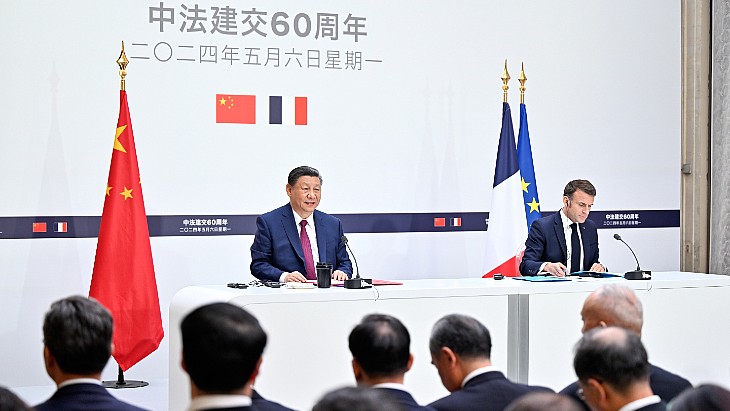EPRI and NEI release Advanced Reactor Roadmap
.jpg)
There is a growing consensus that both existing and advanced nuclear could play important roles in the decarbonisation of the electricity grid and other parts of the US and Canadian economies, with nuclear technology providing large amounts of firm, carbon-free energy for the decarbonisation of the electricity, transportation, and industrial heating sectors, according to independent, non-profit energy research and development organisation EPRI and US nuclear industry association the Nuclear Energy Institute (NEI).
"Advanced nuclear technology represents an option for helping achieve carbon reduction goals while producing the energy so vital to society," said Neil Wilmshurst, EPRI senior vice president of Energy System Resources and chief nuclear officer. The plan "outlines actions that could facilitate an increasing role for nuclear energy as a zero-emissions energy source in global decarbonisation efforts", he said.
The Advanced Reactor Roadmap sets out a recommended approach to help the nuclear industry fully realise the potential value of advanced reactors, with the focus on commercialising advanced reactor technologies that deliver the desired value, establishing a portfolio of advanced reactor technologies to meet a diverse set of market and customer needs, and ensuring that the commercialisation of these technologies is both cost-effective and on track to meet decarbonisation milestones. It then discusses seven "enablers" for large-scale deployment of advanced reactor technologies, including conditions related to policy, regulatory, and public acceptance, before outlining 46 industry actions to enable the timely delivery of a portfolio of products grouped under three "action pillars" of regulatory efficiency, technology readiness and project execution.
These actions address strategic priorities in areas such as licensing, fuel cycle, supply chain, construction, operation, and workforce development. They include: engaging with governments to ensure a stable supply of enriched fuel; providing recommendations to enable more timely and efficient regulatory reviews and approvals of advanced reactors; developing a skilled workforce for both existing and new reactors; and ensuring the industry is prepared to execute the first deployment projects.
Doug True, NEI senior vice president and chief nuclear officer, said there was "growing consensus" that the US and Canadian energy system must include large amounts of nuclear. "This roadmap outlines the key strategies and actions needed to enable advanced reactors to meet the market demand that is forming," he said. "There are roles, not just for industry, but also other stakeholders, like the federal government to contribute to this success," he added.
The roadmap was developed with input from multiple stakeholders, including advanced reactor developers, suppliers, utilities, the Institute of Nuclear Power Operations, NGOs and national laboratories. A steering group of industry leaders will be formed to assess the status of action items from the roadmap and ensure their completion, the organisations said.
Additional phases of the roadmap will be focused on global regions beyond North America.









_50521.jpg)


